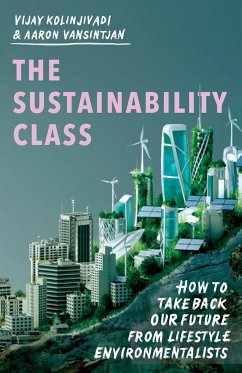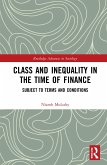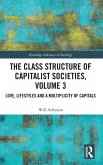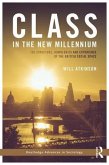An original argument that environmental sustainability has been co-opted by the urban elite, along with examples from around the world of ways we can save our planet With more urban residents interested in living sustainably, we have seen the emergence of a green-tech service economy premised around a kind of “lifestyle environmentalism.” Concerns over sustainability have been co-opted to sell a high-tech urban lifestyle, causing cities to become more unequal and unsustainable, cementing the elite’s status, and excluding the working class, racial minorities, and women. Focusing on what they term the “sustainability class”—a woke and wealthy set of urbanites convinced that sustainability can be achieved through individual actions, green and “smart” development, and technological efficiency—authors Vijay Kolinjivadi and Aaron Vansintjan challenge many of the popular ideas about saving the planet. It is actually the approach of the sustainability class itself, the authors argue, that is unsustainable; improving eco-efficiency within a capitalist, growth-oriented system will neither save us nor lead to true sustainability. Vivid and conversational but also challenging, The Sustainability Class explores how, from Los Angeles to Hanoi, and from Google’s “smart city” in Toronto to Abu Dhabi, investors all over the world are rushing to capitalize on going green. By contrast, using real-world examples of housing and energy strategies, food production, transport, tourism, and waste management, they show how ordinary people around the world are truly building a more ecological future through collective organization in their everyday lives. In doing so, they reclaim ecology and true sustainability for everyone, so it is no longer just the domain of an elite who seek to devise more sophisticated ways to shift the costs of their “greener than thou” lifestyles onto the rest of us.








